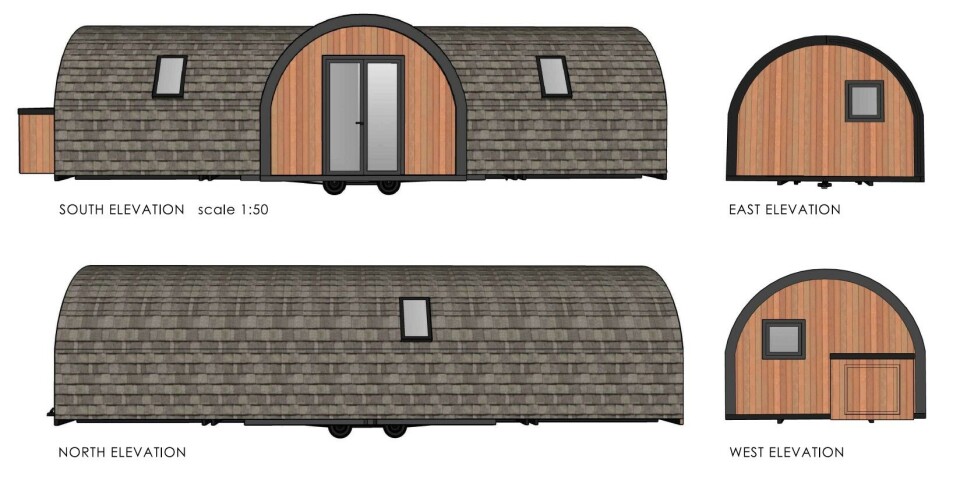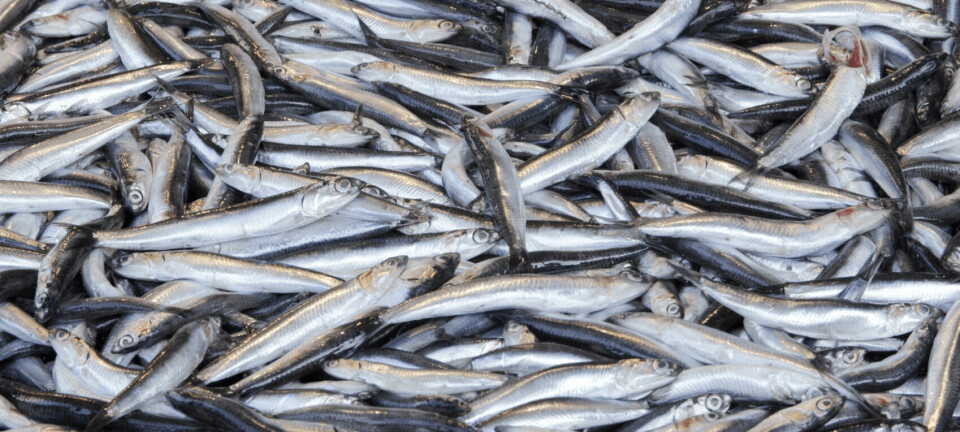
Salmon farmer gets green light to install worker accommodation
Wester Ross Fisheries will site four pods for eight staff
Mowi subsidiary Wester Ross Fisheries is to install four two-bedroom timber pods at its Corry Point farm, Loch Broom, to house workers amid an acute local housing shortage, the West Highland Free Press reports.
The high-end salmon producer says a lack of affordable homes, combined with a boom in short-term lets along the North Coast 500 driving route, has left it without accommodation for its farm technicians.
Highland Council’s planning services has granted permission for 10 years under delegated powers, with a condition that compensatory planting is carried out to replace trees cut down to make room for the factory assembled pods, which are built on a mobile home chassis with wheels for easy movement and siting.
Wester Ross Fisheries’ agent, WCP Architects, said in a
submission to planners that the pods would be utilised during staff shifts for
those living beyond commuting distance.
Housing challenge
Finding accommodation for workers in the areas where salmon farming is carried out can be a challenge, and has led to producers building or installing their own in particularly remote locations, to accommodate staff who work two weeks on, two weeks off, or similar shift patterns.
When Mowi Scotland opened a farm on Rum, it constructed a six-bedroom accommodation block for staff and a three-bedroom house for the farm manager, as there was no available housing on the sparsely populated island.
And Scottish Sea Farms partnered with green property company Willowstream on the island of Eday, Orkney, to develop six homes, four of which are used by fish farmers.
The accommodation makes life easier for staff who faced a two-hour boat commute from Orkney mainland at the start of their two-week work block then had to stay over at one of the neighbouring islands during their fortnight at work.
People priced out
Trade body Salmon Scotland, which represents salmon producers and their supply chain, wants £10 million a year that the sector is paying in increased site rents to be ringfenced to provide affordable housing in the Highlands and islands that fish farm staff can use as their permanent homes, rather than just for use in shift blocks.
“The shortage of available, affordable housing in island and Highland communities is pricing people out of the housing market, and businesses are experiencing problems recruiting and retaining staff - leading to hard-to-fill vacancies, skills shortages, and depopulation,” Salmon Scotland chief executive Tavish Scott said ahead of publication of the Scottish Government’s spending plans in September last year.
“Long-term house price rises are being exacerbated by the cost-of-living crisis, and Scottish ministers should be looking at every lever available to them to make life easier for working people.
Locals should benefit
“The greatest economic contributor to these coastal communities is the Scottish salmon sector, directly providing 2,500 local jobs – and thousands more through the supply chain.
“We are proud of the jobs and wealth we create in rural Scotland, and we believe our local communities should be the ones who benefit the most.
“There is an opportunity in the Programme for Government for ministers to ensure the millions sent to quangos are put to better use by building affordable housing, ensuring the economic success generated by Scotland’s biggest food export is enjoyed by the communities where we operate.”




















































